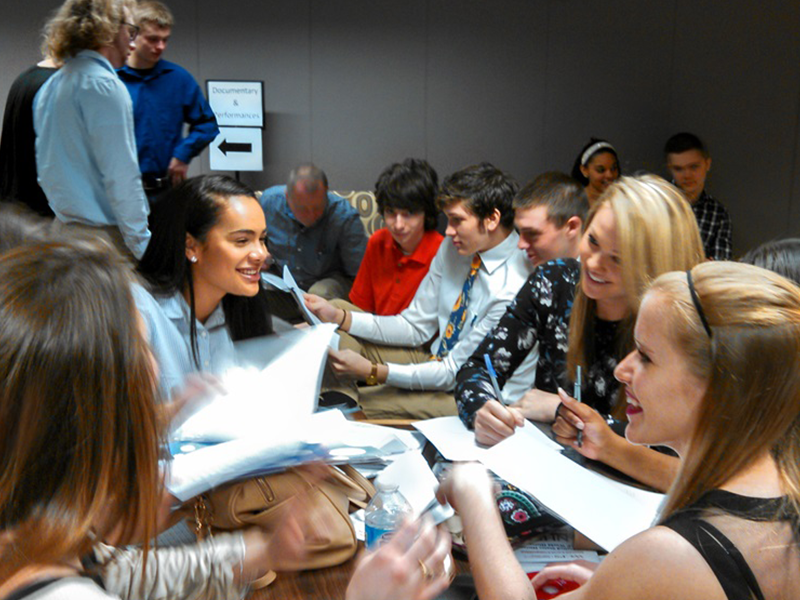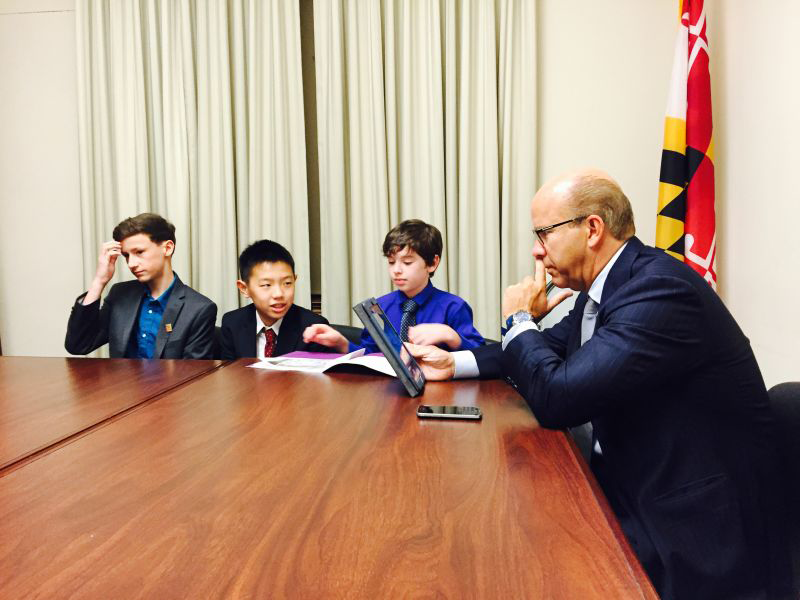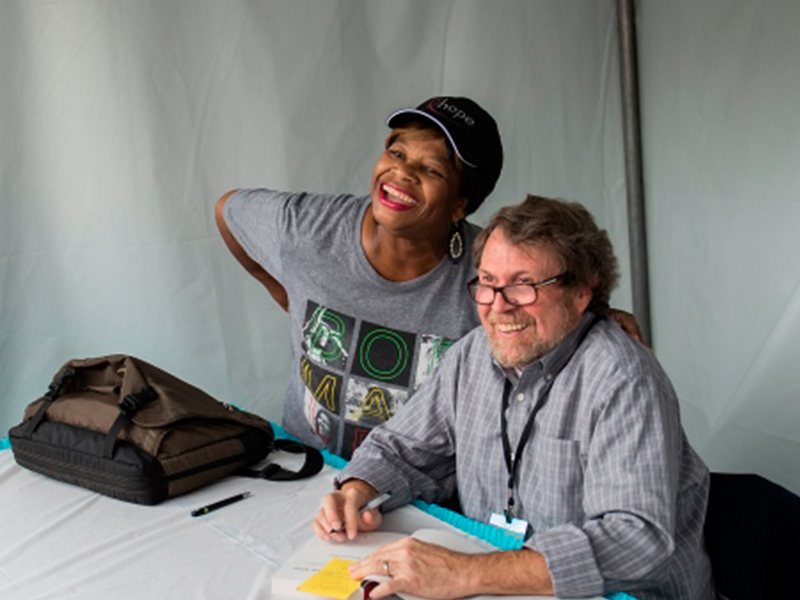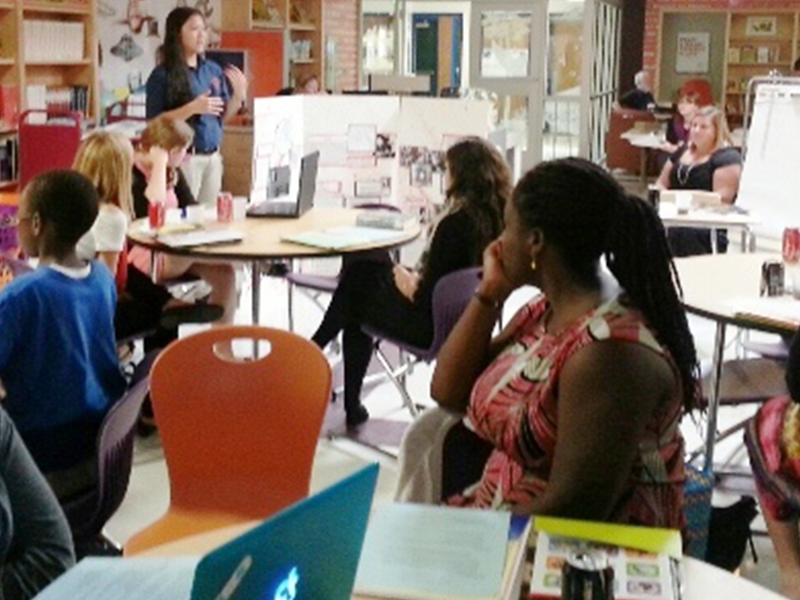Get Something Back While Giving
When you give $500 or more, you may qualify for a Maryland tax credit.
Maryland Humanities has been awarded $25,000 in Community Investment Tax Credits that can be distributed to qualifying donors—both individuals and businesses—now through the end of 2016. Gifts in support of our in-school educational programs for youth—Letters About Literature, Maryland History Day, and One Maryland One Book—may qualify.
FAQ
- What is a CITC?A Maryland Community Investment Tax Credit is a straight reduction in the amount of your Maryland state income tax liability, equal to 50% of your qualifying gift. Verification that both you as a donor and your gift qualify for a CITC is required.
- How can Maryland Humanities offer CITC to donors?Through a competitive application process administered by the Maryland Department of Housing & Community Development (DHCD), nonprofit organizations are awarded tax credits that are then passed along to their donors who make qualifying gifts. Both individuals and businesses may be eligible to redeem CITC. Maryland Humanities was awarded $25,000 in credits for use through 2016.
- What level of giving qualifies for CITC participation?The minimum gift amount to qualify for a CITC is $500, though Leadership Circle membership begins at the $1,000 level.
- If I give, how will I benefit?Your CITC-qualifying gift decreases your tax liability in two ways:
- You are still entitled to claim a deduction equal to 100% of your gift on both your federal and state tax filings.
- You also receive a tax credit equal to 50% of your gift. For example, if you make a $1,000 Leadership Circle gift, you receive a $500 CITC. If your Maryland state income tax at the end of the year is $2,500, it would be lowered by $500 to $2,000. If the amount of your CITC exceeds your Maryland tax liability, you may apply it in filings for up to five tax years.
- How do I collect my tax credit?After making your gift, Maryland Humanities will send you a certification form from the state with your acknowledgement letter. You’ll complete the form and send it back with any appropriate documentation (e.g. copy of your cancelled check or credit card receipt). Maryland Humanities will send it to DHCD for processing. Upon approval, DHCD will send your authorized form back to you, which you’ll need when filing your taxes. Please note that to claim your CITC, the state requires you to file your taxes electronically using a pre-approved vendor. A list of approved vendors can be found online at taxes.maryland.com.
- Who can I contact with questions regarding CITC?Christopher J. Kolb, CPA—Manager, Taxpayer Media Section
Comptroller of Maryland, Revenue Administration Division
ckolb@comp.state.md.us or 410-260-7755




